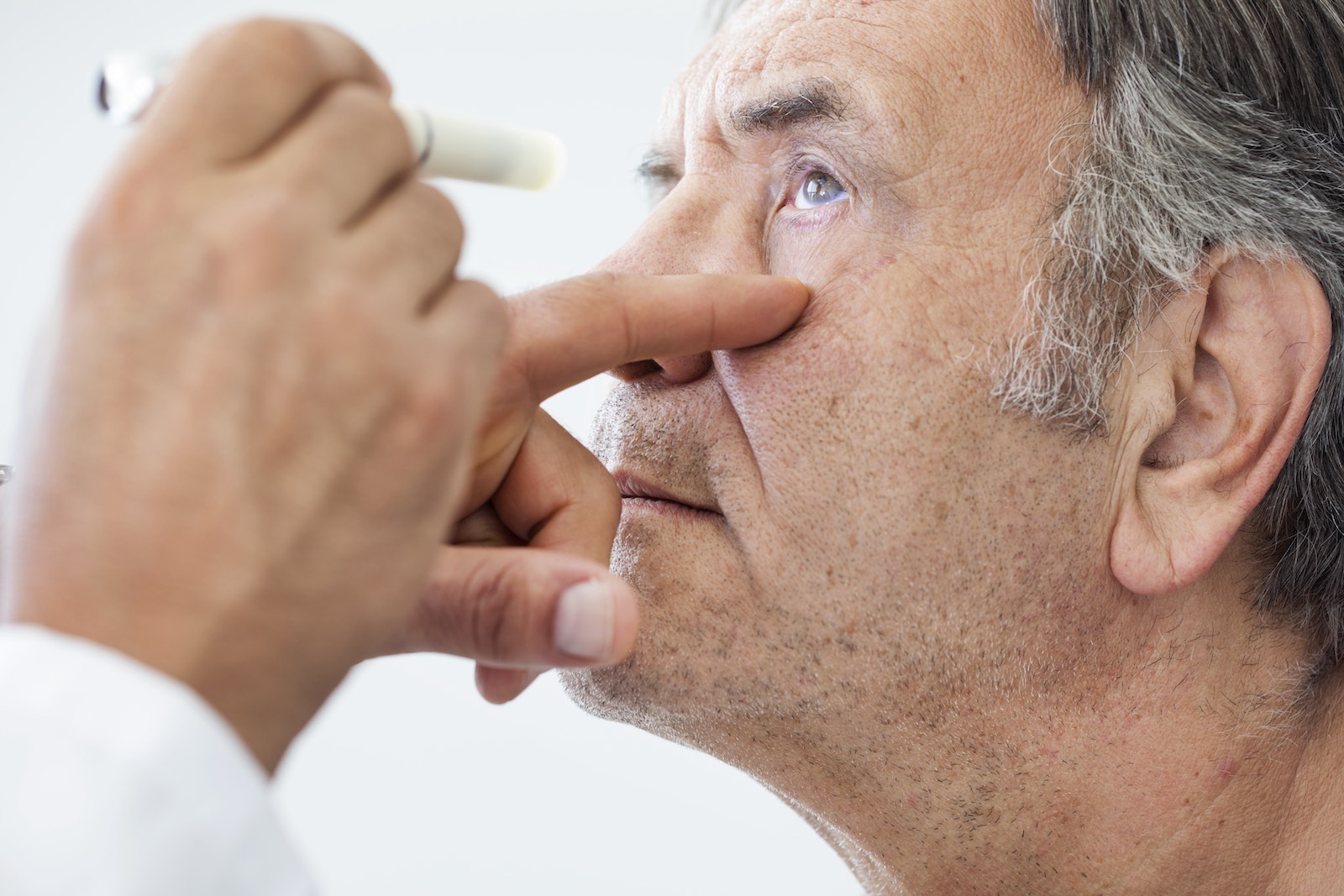1. Understanding Hydroxychloroquine
- What is Hydroxychloroquine? Hydroxychloroquine, also known by the brand name Plaquenil, is a medication originally developed to prevent and treat malaria. It is now commonly prescribed for autoimmune conditions such as lupus and rheumatoid arthritis.
- Common Uses and Dosages: The typical dosage for autoimmune conditions is lower than that for malaria prevention. However, dosing depends on body weight, medical condition, and duration of treatment. Long-term use requires careful monitoring to avoid potential side effects, especially those affecting the eyes.
2. Hydroxychloroquine and Eye Health
- Overview of Hydroxychloroquine Eye Side Effects: The drug can accumulate in the retina over time, potentially leading to vision changes or damage.
- Risks of Plaquenil Toxicity: Plaquenil toxicity, also called hydroxychloroquine retinopathy, occurs when the drug damages the retinal pigment epithelium and photoreceptors, especially in the macula.
- Common Symptoms of Plaquenil Retinopathy: Early symptoms may include blurred vision, difficulty reading, reduced color perception, light sensitivity, and blind spots in the visual field.
3. The Importance of Eye Testing
- Why Regular Hydroxychloroquine Eye Exams Matter: Routine eye exams help detect early signs of retinal damage before noticeable vision loss occurs.
- Key Tests Used in Hydroxychloroquine Eye Assessment: Common tests include Optical Coherence Tomography (OCT), visual field testing, and fundus photography.
- What Does a Hydroxychloroquine Eye Test Involve? The test usually includes a comprehensive eye examination, imaging of the retina, and vision field assessments to identify any changes linked to hydroxychloroquine use.
4. Recognizing Signs of Eye Toxicity
- Early Signs of Plaquenil Eye Toxicity: Subtle changes in central vision, trouble seeing in dim lighting, and reduced ability to see certain colors.
- Visual Field Changes Associated with Plaquenil: Patients may develop ring-shaped blind spots or central scotomas that affect reading and face recognition.
- Long-term Effects of Untreated Hydroxychloroquine Retinopathy: If left unchecked, retinal damage can progress even after the drug is discontinued, leading to permanent vision loss.
5. Recommendations for Patients
- Best Practices for Monitoring Eye Health: Take the lowest effective dose, track any changes in vision, and attend all recommended screenings.
- Screening Guidelines for Hydroxychloroquine Users: The American Academy of Ophthalmology recommends a baseline eye exam within the first year of starting the drug and annual screenings after five years of use (or sooner for high-risk patients).
- When to Consult an Eye Specialist: Seek immediate evaluation if you notice sudden vision changes, blind spots, or difficulty reading, as these could be early signs of retinal toxicity.



